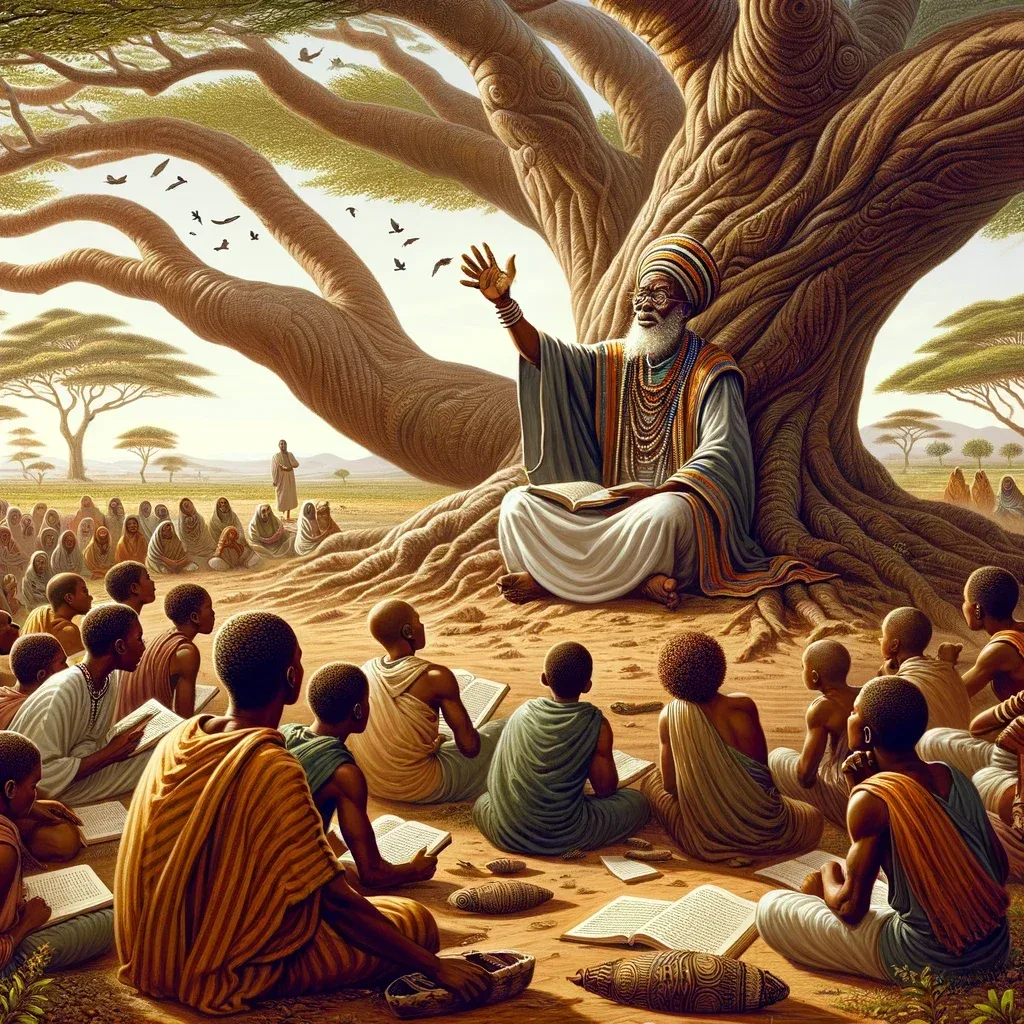African philosophy has been a fascinating and diverse field of study, reflecting the continent's rich cultural tapestry. This article deeply explores philosophy in African countries, highlighting their unique characteristics, historical influences, and how these philosophical traditions continue to shape thought and society across the continent. We will delve into the journey of African philosophy, from its ancient roots to its relevance in the modern era.
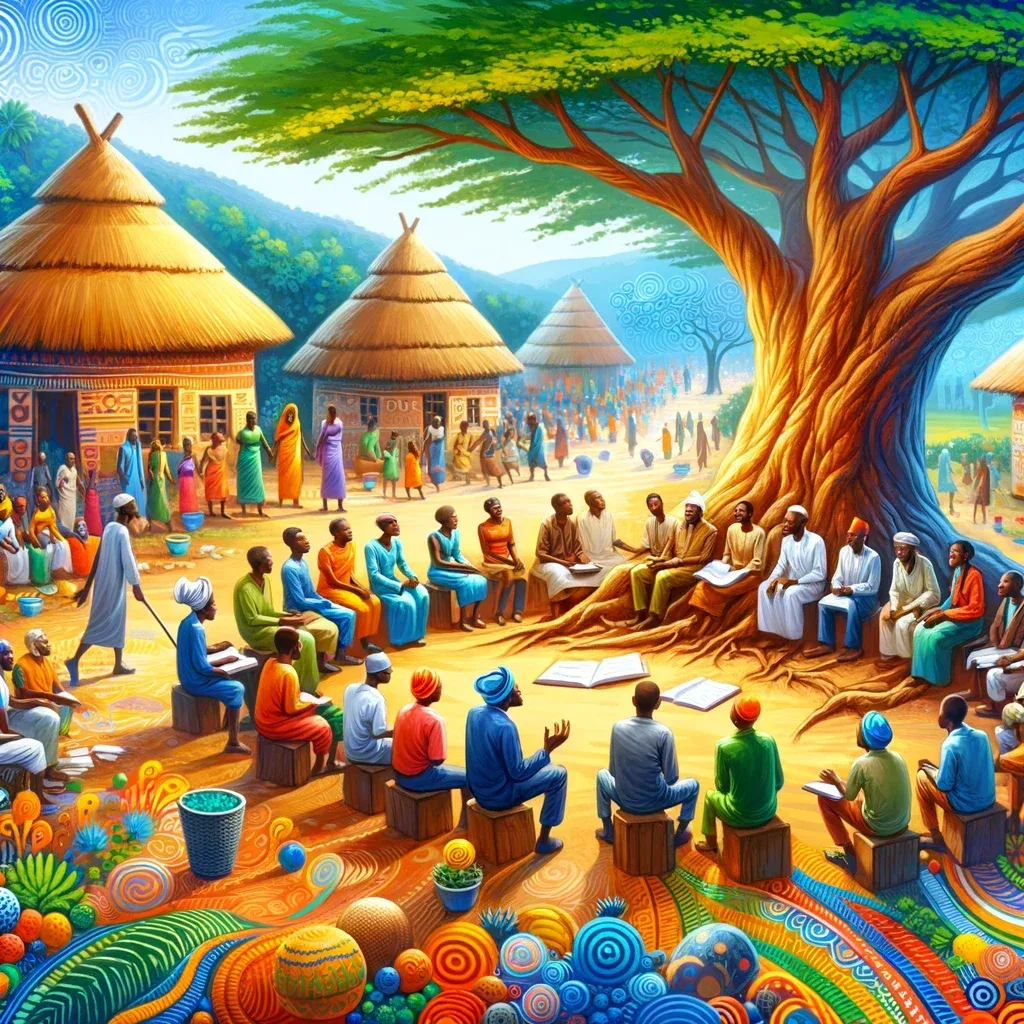
Historical Roots of African Philosophy
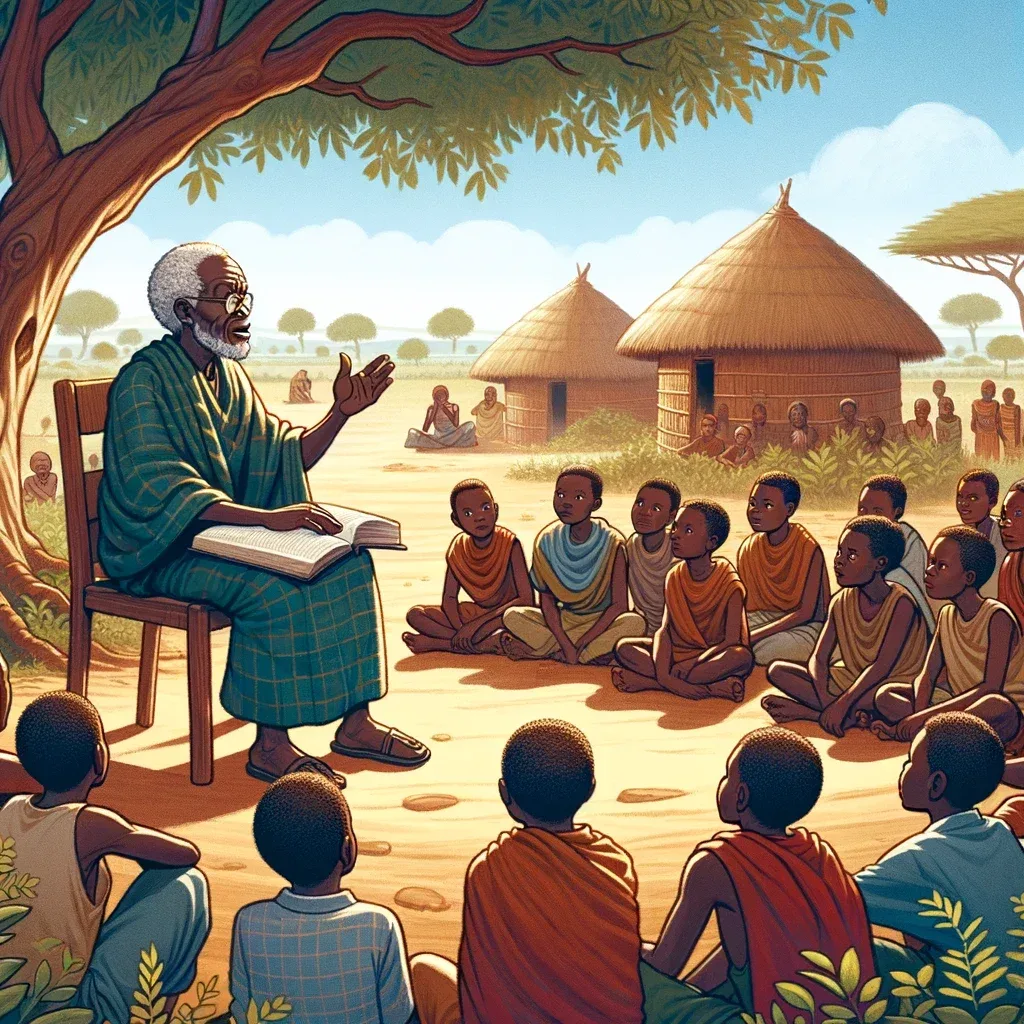
Ancestral Origins
African philosophy, rooted in oral traditions, dates back to ancient times. Many African communities had complex philosophical systems, focused on questions of existence, ethics and cosmology. These systems were often passed down through proverbs, stories, and rituals, and served as moral and spiritual guidance for communities.
External Influences and Cultural Synthesis
With the arrival of external influences, such as Islam and Christianity, African philosophy began to incorporate and adapt these new ideas. The result was a fascinating synthesis of local and global philosophical traditions, creating unique currents of thought in different regions of the continent.
Role of African Philosophers
African philosophers, both historical and contemporary, have played a crucial role in the formation and articulation of philosophical ideas. They explored topics such as the nature of reality, the structure of society, ethics and morality, and the relationship between the individual and the community.
Ubuntu Philosophy: A Unique African Perspective
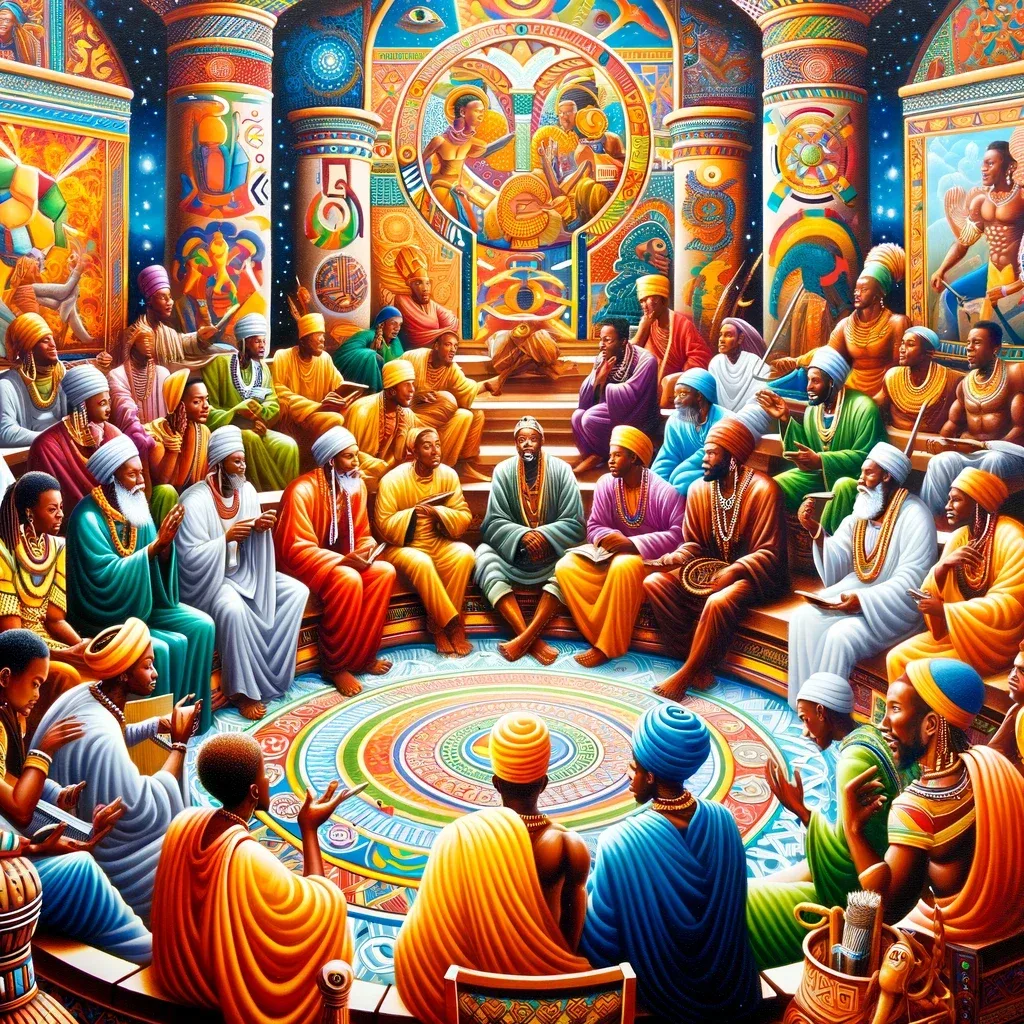
Ubuntu Principles
Ubuntu is a central philosophy in many African cultures, emphasizing human interconnection and interdependence. “I am because we are” sums up the spirit of Ubuntu, which values compassion, empathy and mutual respect.
Social and Political Impact of Ubuntu
Ubuntu has profound implications for social policy and governance, promoting a community-based approach to resolving conflicts and strengthening social cohesion. It was fundamental in the post-colonial transitions of countries such as South Africa, promoting reconciliation and restorative justice.
Ubuntu in Education and Contemporary Thought
Ubuntu continues to influence education, emphasizing collective learning and respect for ancestral wisdom. On the global stage, Ubuntu offers a valuable alternative to individualism, emphasizing solidarity and collaboration.
Philosophical Diversity in African Countries
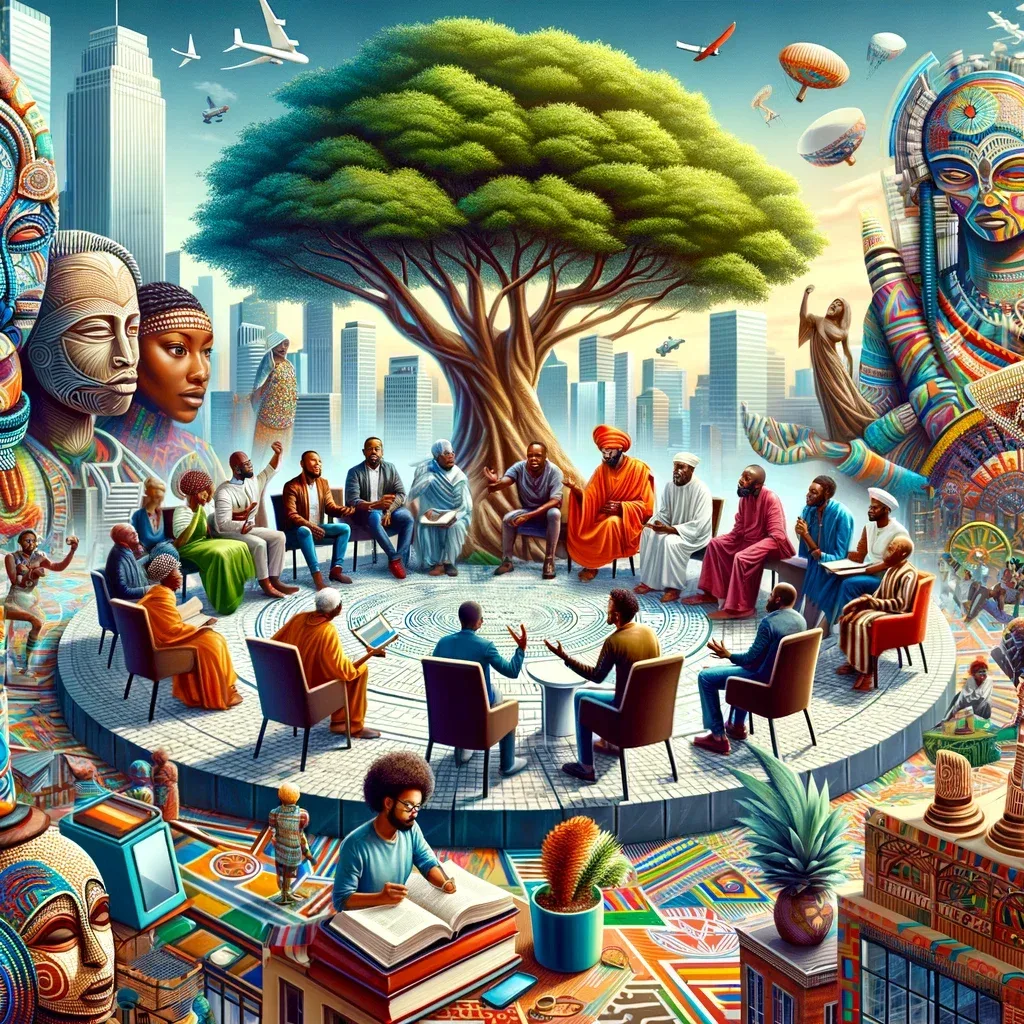
Regional Variety
Each region of Africa has its own philosophical traditions, reflecting the continent's cultural diversity. These traditions range from ancient Egyptian cosmologies to contemporary political philosophies in sub-Saharan Africa.
Philosophy and Religion
The relationship between philosophy and religion in many African countries is complex and intricate. Many African philosophical traditions are closely linked to religious and spiritual systems, offering a unique perspective on metaphysical and ethical issues.
Modern Influences and Globalization
Modern African philosophy faces the challenge of adapting and responding to the forces of globalization and modernization. This includes addressing issues of identity, human rights, sustainable development and the relationship between tradition and modernity.
Conclusion
Philosophy in African countries is a dynamic and evolving field, offering unique perspectives on universal and continent-specific issues. Its study and understanding are essential to appreciate the richness and diversity of human thought and to face the challenges of the modern world in a more inclusive and holistic way.
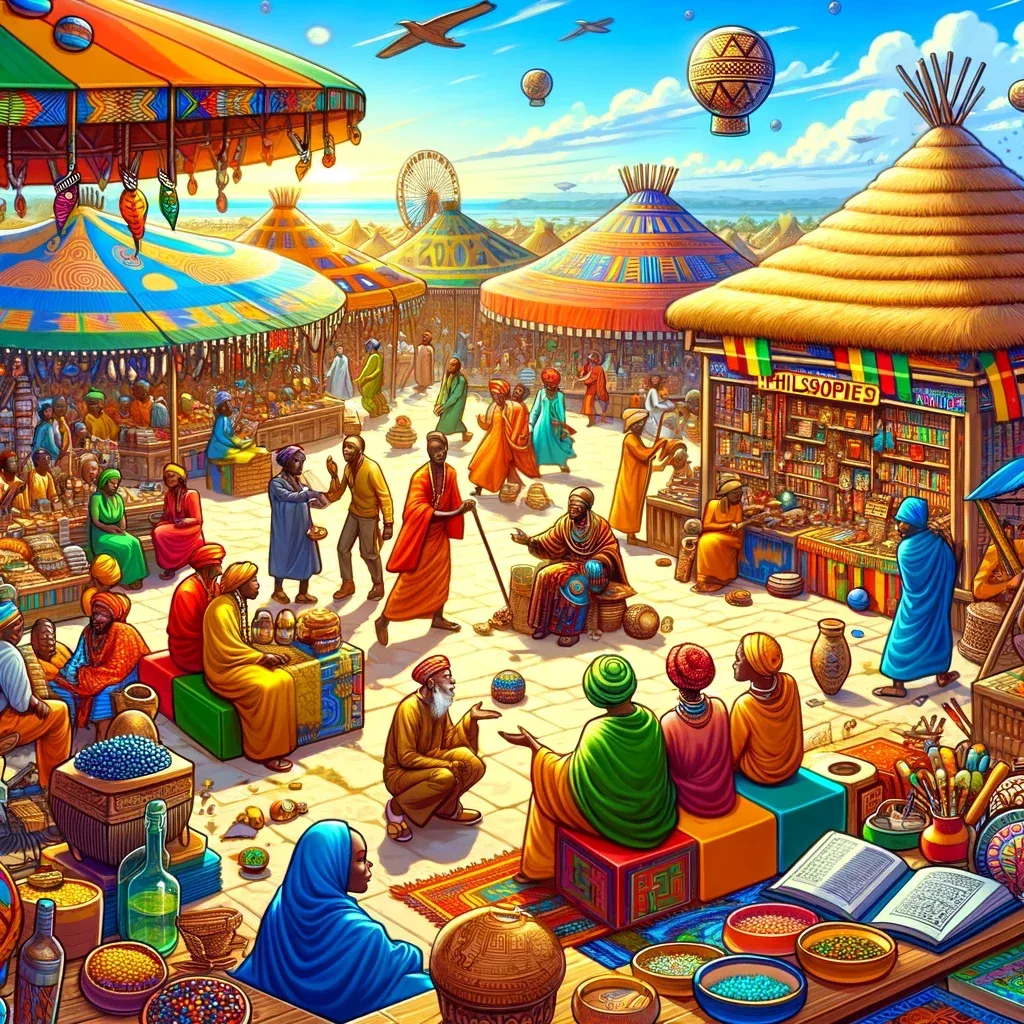
FAQ: Philosophy in African Countries
1. What is African philosophy and what are its origins?
2. How does the Ubuntu philosophy influence African society?
3. What are the main characteristics of the Ubuntu philosophy?
4. How does African philosophy relate to religious traditions?
5. How does globalization affect African philosophy?
6. Who are some notable African philosophers?
7. How does African philosophy contribute to global discourse?
8. How does African philosophy view the relationship between the individual and the community?
9. What are the challenges faced by African philosophy?
10. How can African philosophy contribute to education?
